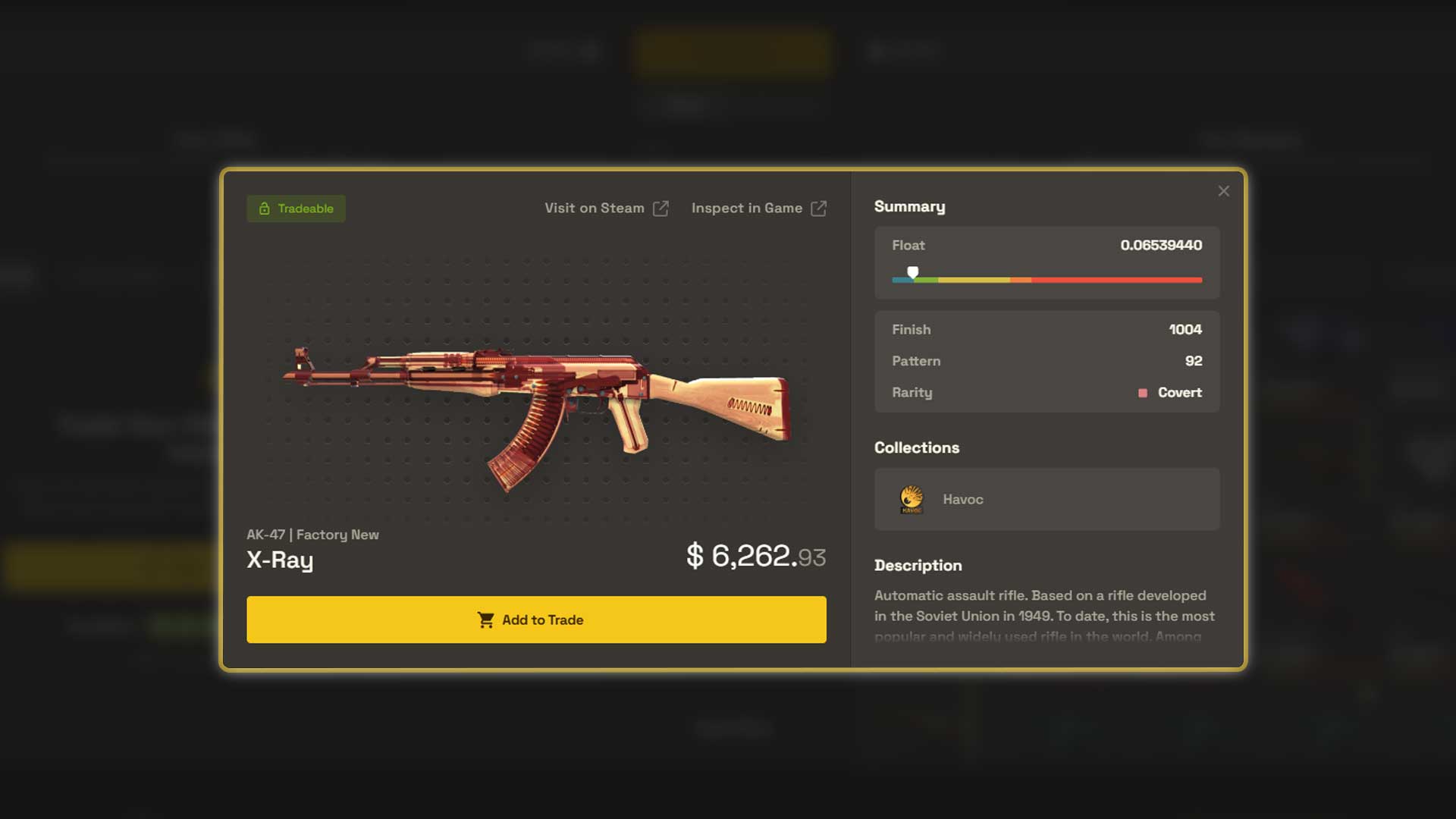Personal branding in modern online gaming involves not just influencers, streamers, and professional esports players, but even casual and competitive everyday gamers build up their identity through the way they play games, communicate with others, or even show up in virtual space.
Regarding influential means of building identity, the most effective ones include the use of in-game skins. Cosmetic upgrades help define how players are perceived and remembered within communities.
Skins in games such as CS: GO have become symbolic indicators of style, personality, status, and experience. That could be a flamboyant design, a minimalist pattern, or a rare collectible; a player is virtually defined by the collection of skins.
1. Skins as a Digital Extension of Identity

Skins are, for example, like fashion in the real world, allowing players to express themselves in ways other than gameplay performance. The skin that a player chooses is basically up to their personal preference.
- Are bright, attention-getting colors preferred?
- Do they tend toward sleek, sophisticated minimalism?
- Do they collect any rare items to reflect prestige?
These are the silent choices, the ones that form impressions before a word is said in chat. Your weapon skin usually presents itself first in competitive games; that’s a visual identity others immediately associate you with.
In the case of streamers or content creators, skins become part of their online persona. Fans recognize them by particular items; hence, skins are part of branding and maintaining image consistency.
2. The Role of Trading in Branding
The skin-trading culture adds another layer to personal branding. Players who actively trade build up reputations on their market knowledge, their negotiation skills, and even their trustworthiness. Learning how to responsibly and strategically trade cs go skins enhances credibility within the trading community.
A popular trader becomes more than a gamer: a source from whom other people can get advice, deals, or market insight. This puts them in the position of a valuable figure inside the community and strengthens their general personal brand.
Players also build collections that serve as statements of style and dedication when they trade to get a good set of inventory. Some gamers have built brands around the display of their skin investments in their inventory.
3. The Power of Uniqueness and Recognition
The visual aspects strike a strong chord in human psychology. A player continuously uses one rare skin; then, other people start associating that item with the presence of that particular player. This recognition builds reputation and identity within the community.
For example:
- A streamer with a signature knife skin is instantly recognizable.
- A rare rifle design fielded by a competitive player brings unparalleled match presence.
- Coordinated skins by clan or team members help create a unified group identity.
4. Social Status and Community Perception
Certain skins are highly valuable, rare, or even of historical importance; owning such will also elevate a player’s status naturally. Skins in many gaming communities are often much more than just decoration; they often represent dedication, knowledge, and sometimes even financial investment.
Players who receive rare skins attain reputations for being:
- Serious collectors
- Professional traders
- Avid gamers
- Loyal community members
All of these things help improve your standing and, therefore, your personal brand, particularly for streamers, tournament players, and highly active forum contributors.
Digital prestige influences the interactions of gamers with one another. A player who possesses rare skins is often envied, or at least he/she is a source of interest; his or her skin inventory can be widely discussed. In many cases, a rare skin is more impressive than a high rank.
5. Emotional Connection and Performance Influence
Interestingly, skins even affect player performance, well, at least psychologically. Players using a skin that they either love or value often feel a surge of confidence and affinity to the game. This boost, while small, shapes their behavior and presence during matches.
Confidence is a very important tool of personal branding. A player who feels good about how they look, even digitally, may be more confident when playing, communicating, and being distinguishable within team environments.
In time, their performance and skins worn start interlinking into a remembered impression.
Skins have become much more than cosmetic add-ons in virtual games today; rather, they are powerful tools that play essential roles in the creation and enhancement of one’s personal brand. It is through self-expression, social recognition, trading knowledge, and psychological influence that skins really shape how players present themselves in digital worlds.
The gamers who collect, customize, and strategically trade cs go skins tend to build stronger identities. They also draw more attention to themselves – and create lasting impressions throughout their communities.

